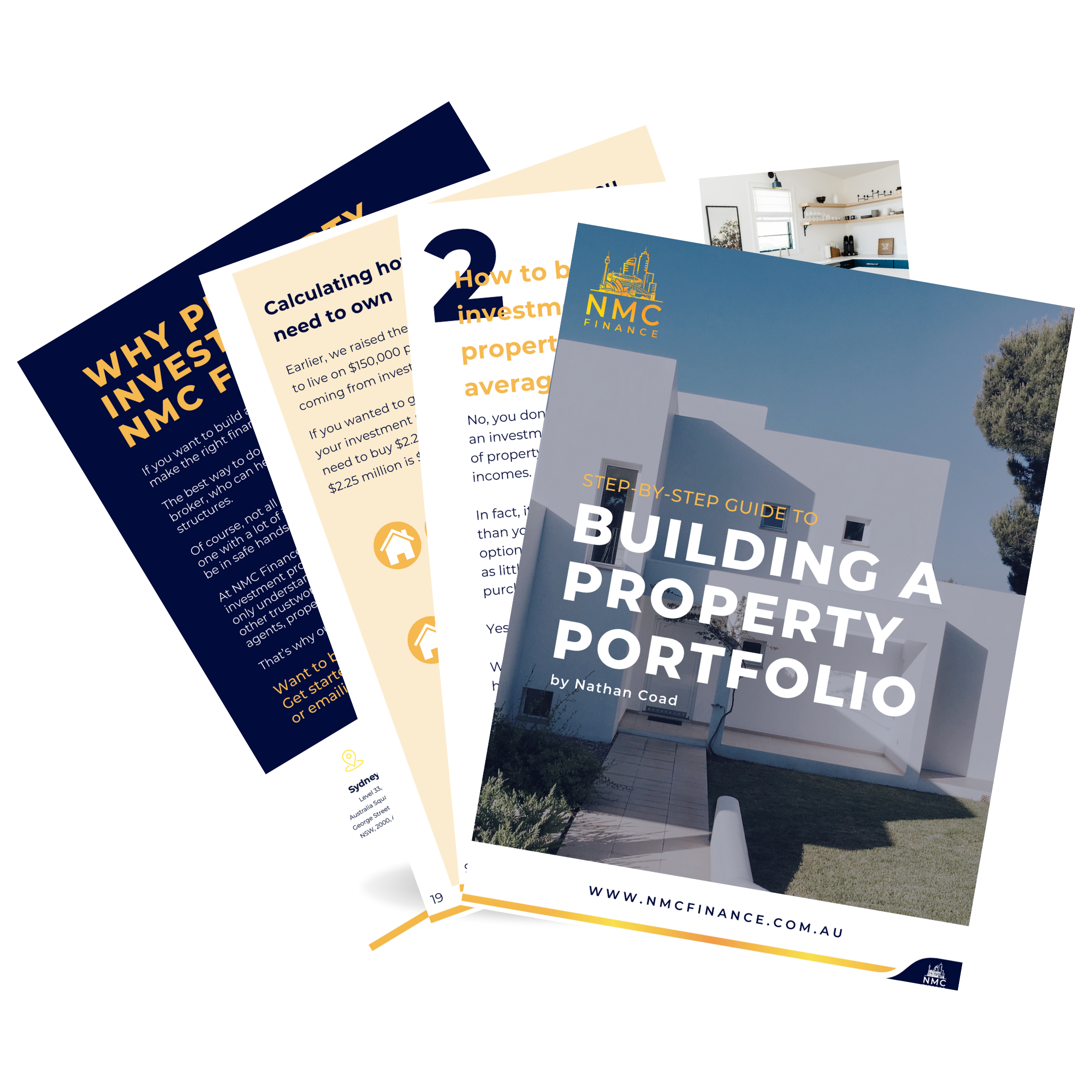If you’re self-employed, navigating the complexities of securing finance requires strategic planning and a comprehensive grasp of what lenders seek in potential borrowers. Let’s break down the process to help you started on your home-buying journey.
What Lenders Seek in Self-Employed Borrowers
1. Stability and Consistency: Lenders prioritise stability and consistency in income. Demonstrating a steady income stream over a considerable period can bolster your application.
2. Creditworthiness: A healthy credit history plays a pivotal role. Maintain a good credit score by managing debts and payments promptly.
3. Financial Track Record: Lenders scrutinise financial records, including tax returns and business financials, to gauge your financial standing and capacity to repay the loan.
Essential Documents for Self-Employed Applicants
To substantiate your financial credibility, preparing a comprehensive set of documents is key:
- Tax Returns: Personal and business tax returns for the last two years.
- Financial Statements: Profit and loss statements, balance sheets, and business activity statements (BAS) for a clear financial overview.
- Bank Statements: Personal and business bank statements for evidence of income and expenses.
- Business Structure Documentation: Details regarding the structure of your business (e.g., sole trader, partnership, company).
Common Challenges in Home Loan Applications for Self-Employed
- Volatile Income Patterns: Fluctuating income can pose challenges in demonstrating financial stability to lenders.
- Complex Financial Structures: Elaborate business structures or multiple income streams may complicate the application process.
- Perceived Risk by Lenders: Self-employed individuals might be perceived as riskier borrowers due to variable income sources.
Strategies to Strengthen Your Application
- Enhance Financial Records: Maintain meticulous financial records and consider seeking professional advice to present a clear and compelling financial picture.
- Larger Deposit: Offering a larger deposit can mitigate perceived risks and enhance your credibility as a borrower.
- Strong Credit Profile: Regularly monitor and improve your credit score by managing debts and credit cards responsibly.
- Engage a Mortgage Broker: Mortgage brokers specialising in self-employed applicants can offer invaluable guidance and access to tailored loan options.
Low Documentation (Low-Doc) Loans for New Businesses
For entrepreneurs with newly established businesses, low-doc loans can serve as a viable option. These loans require less stringent documentation, catering to those with limited financial records. However, they often accompany higher interest rates and may necessitate a larger deposit.
Emphasising the Importance of Professional Advice
Consulting with accountants or financial advisors can streamline financial documentation and significantly enhance your loan application.
Additionally, engaging a knowledgeable mortgage broker is essential for business owners buying a home. We understand the challenges self-employed individuals face when applying for a home loan and can help provide tailored strategies.
From volatile income patterns to complex financial structures, we’ve seen it all. Our expertise lies in decoding these complexities and tailoring solutions that fit your unique circumstances.
Personalised Guidance, Tailored Solutions
By engaging us, you gain access to personalised advice that strengthens your application. We’ll assist you in compiling the right documentation and presenting a compelling financial profile to lenders, increasing your chances of loan approval.
By integrating these additional aspects, this comprehensive guide aims to equip self-employed Australians seeking their first home loan with a deeper understanding of the intricate application process and strategies to maximise their chances of securing finance.
* This blog is intended for general informational purposes only. For personalised advice tailored to your unique financial situation, please contact NMC Finance.

